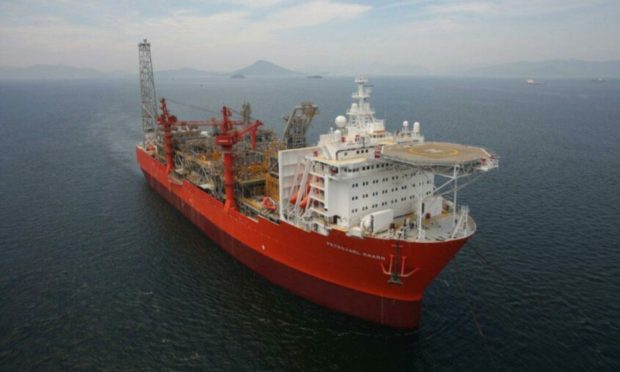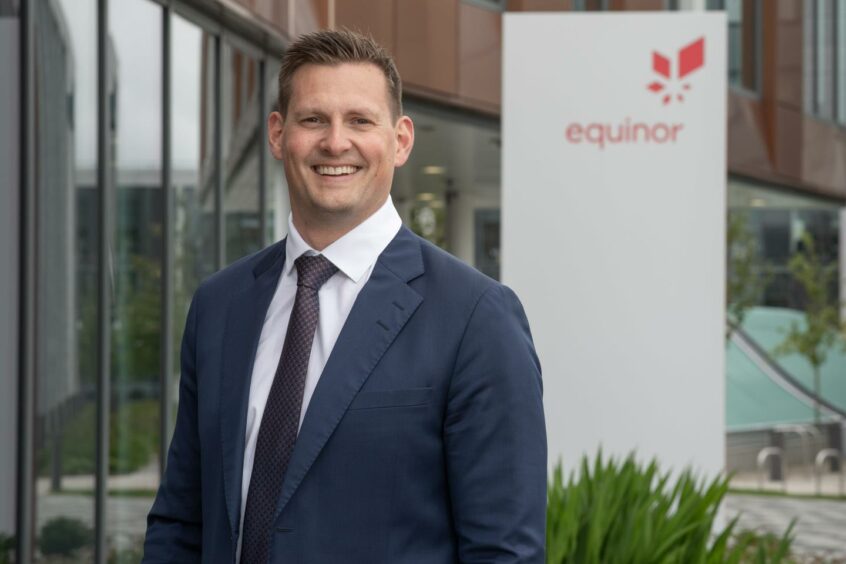Equinor has published economic analysis for its long-awaited Rosebank project, which sets out commitments to support thousands of UK jobs and invest billions of pounds in the local supply chain.
The Norwegian energy major expects to invest £8.1 billion during the life of the multi-million-barrel field, more than three-quarters of which (78%) will be spent in the UK.
Of this, around £4.1bn will be spent developing the field alongside a further £3.6bn in operating expenses, while decommissioning costs are estimated at just shy of £400 million.
In terms of investment in both the supply chain and job creation, bosses at the company said “the vast amount of value creation will be local.”
At peak, Rosebank is expected to employ up to 1,600 direct, full-time equivalent (FTE) jobs, nearly 1,200 of which will be UK-based.
The estimated gross value add (GVA) of the development amounts to some £24.1bn during the field’s life – or £2.1bn annually at its peak – equivalent to 1% of Scottish GDP, according to analysis prepared by Wood Mackenzie and Shetland-based Voar Energy on behalf of the operator.
While fewer workers will be needed once the field is operational in 2026, Equinor anticipates the need for nearly 300 FTE roles during its 25-year life, 90% of which it says are likely to be UK-based.
The analysis follows the publication of an environmental statement (ES) on the development – one of the largest untapped discoveries in UK waters- by offshore regulators on Thursday.
Recoverable resources are estimated at 300m barrels of oil equivalent and Equinor plans to deliver the field in two phases, targeting first oil at the end of 2026.
At its peak, the field is estimated to produce 77,000 barrels of oil equivalent per day (boepd) or 69,000 barrels of oil and 44m cubic feet of gas per day – equivalent to more than 8% of the UK’s oil production through to 2030.
Production will be exported via a hook-up to the Knarr floating production, storage and offloading vessel (FPSO) vessel. A deal for the use of the vessel has already been struck with owner Altera Infrastructure.
Ithaca-owned Siccar Point Energy holds a 20% stake in the development, along with Suncor Energy which holds 40%, while the remainder is owned by operator Equinor.
An FID on the long-mooted project is expected in Q1 of next year.
Supply chain opportunities
Arne Gurtner, senior vice president for UK and Ireland offshore at Equinor said the economic analysis shows “the vast amount of value creation will be local.”
In its report the company said it was committed to ensuring a “substantial part of the project’s value comes to Scotland and the UK, rather than abroad.” In support of this, it recently hosted a recent supplier day in Aberdeen in partnership with EIC to increase the number of local suppliers invited to tender.
Mr Gurtner would not be drawn on what portions of the work scope would be handled by local firms but said the figures show “we are ready to invest into decarbonised development, then there’s considerable effect from the industrial activity to be expected locally.


Conversation